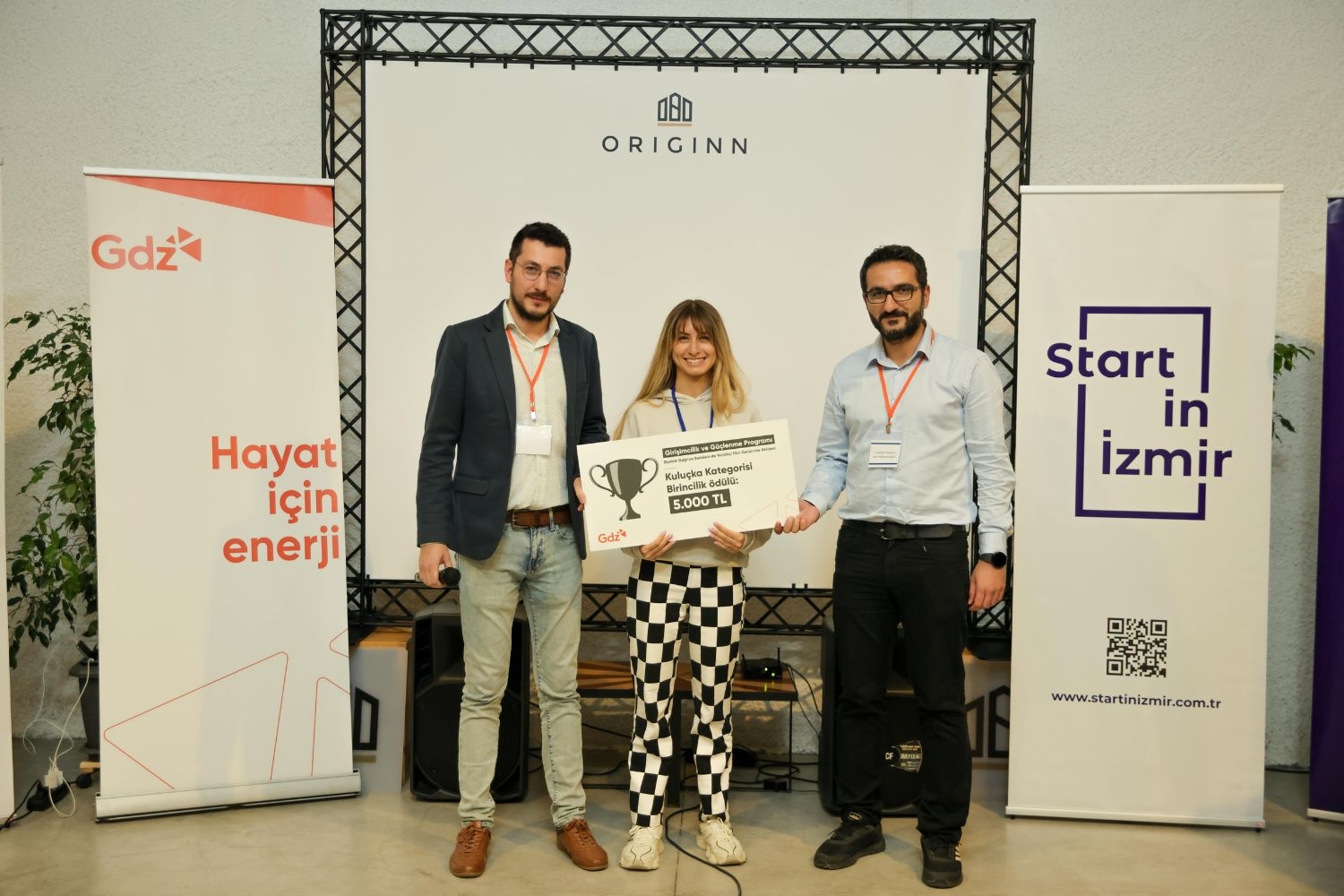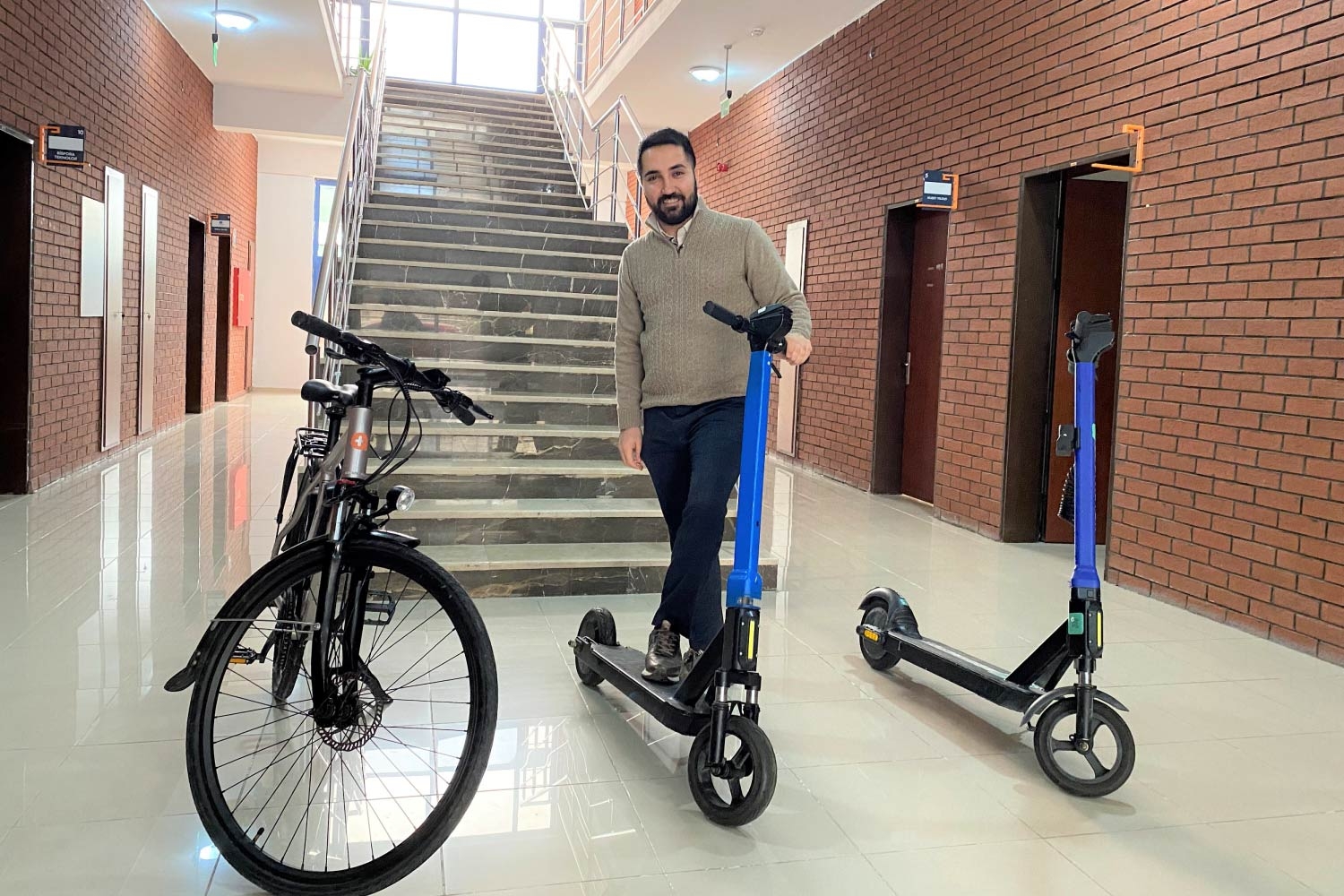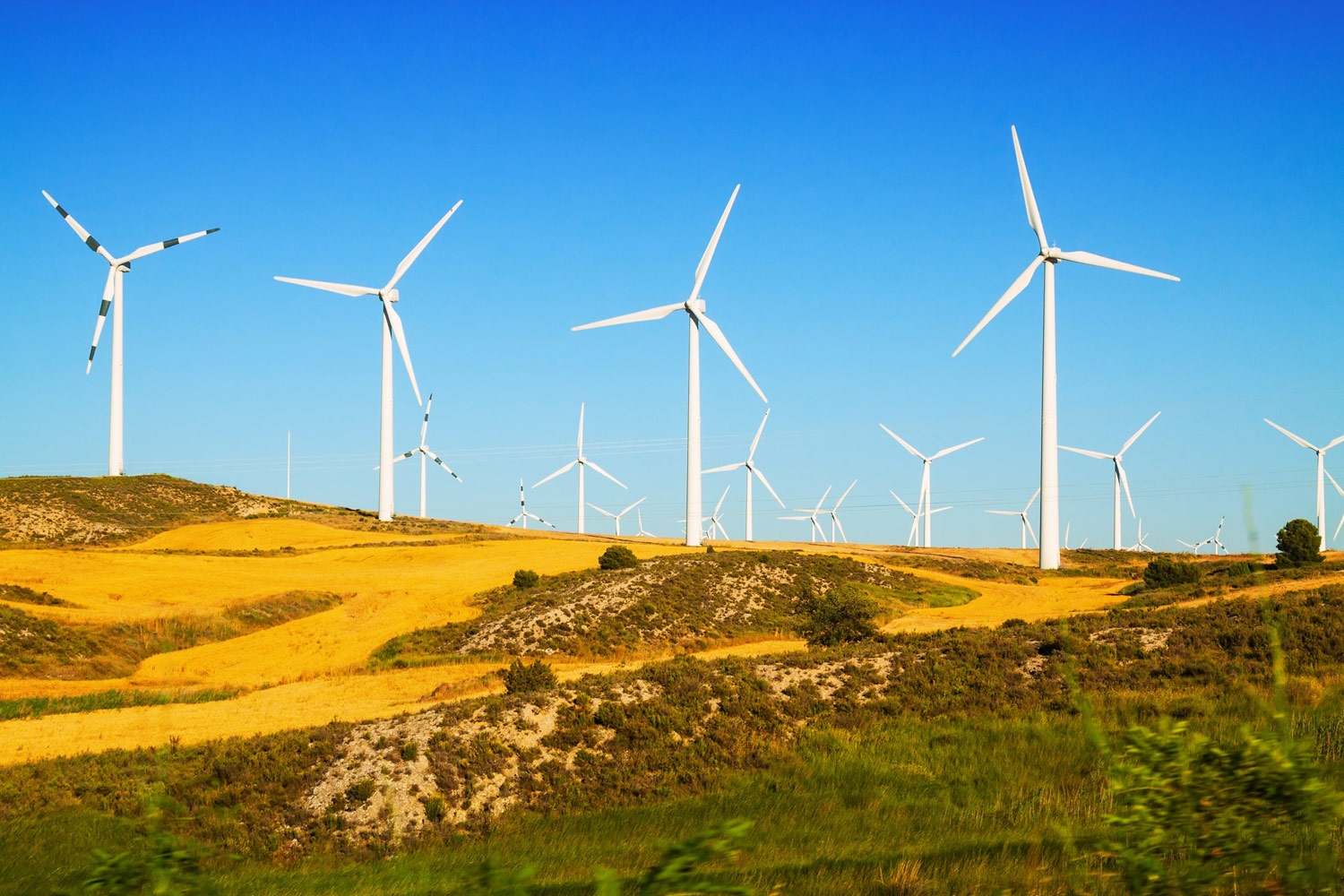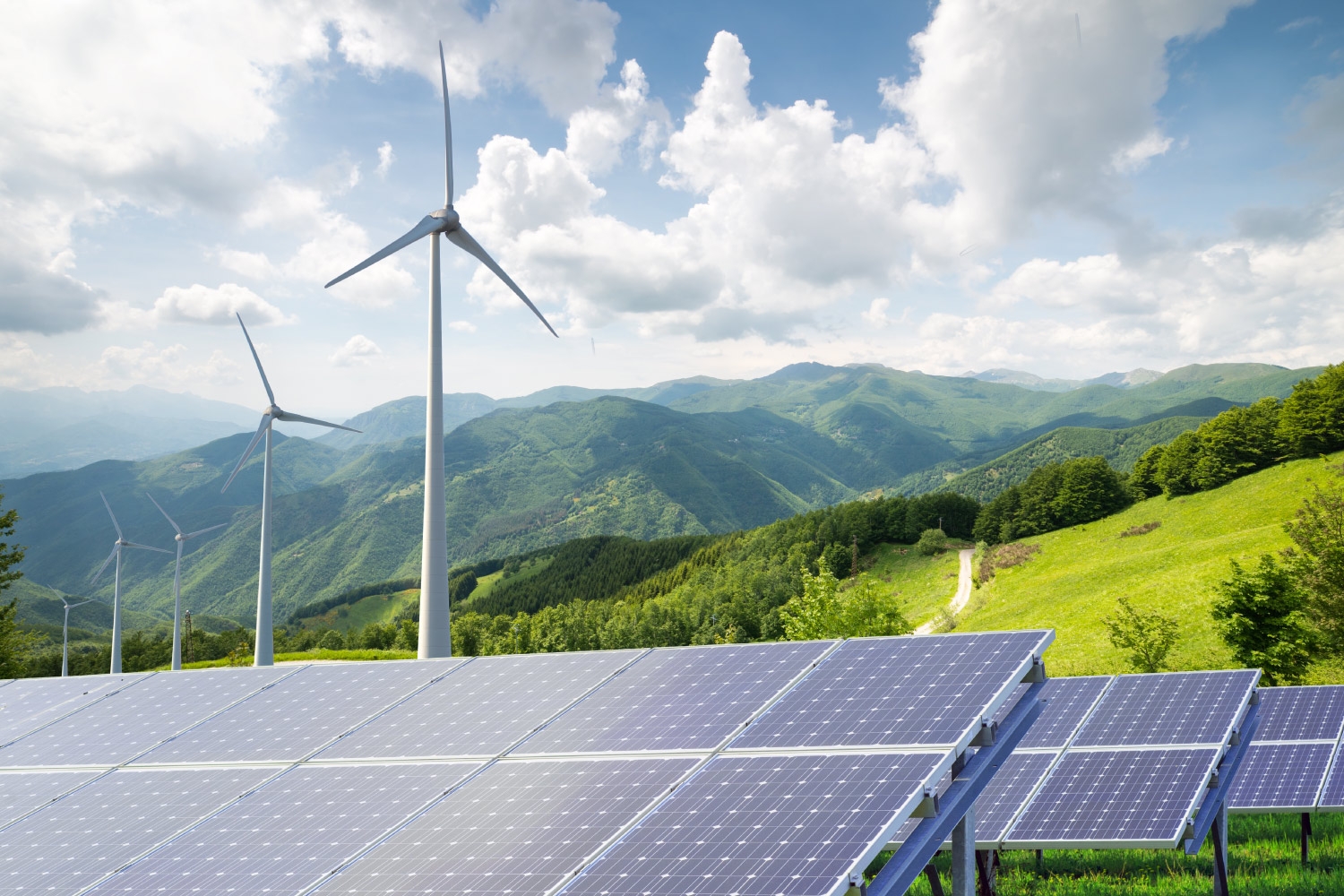
‘Double award’ for energy efficiency
Izmir University of Economics (IUE) received a double award at the ‘Innovative Idea Development Workshop in the Electricity Distribution Sector’ ...

International investment for ‘Scootable’
Emrecan Durmaz, a student of Izmir University of Economics (IUE), who developed the software infrastructure that enables electric scooters and ...

‘Social' analysis of energy’
Prof. Dr. Mehmet Efe Biresselioğlu from Izmir University of Economics (IUE) has implemented the ‘Cure’ project with 2 countries to ...

...




